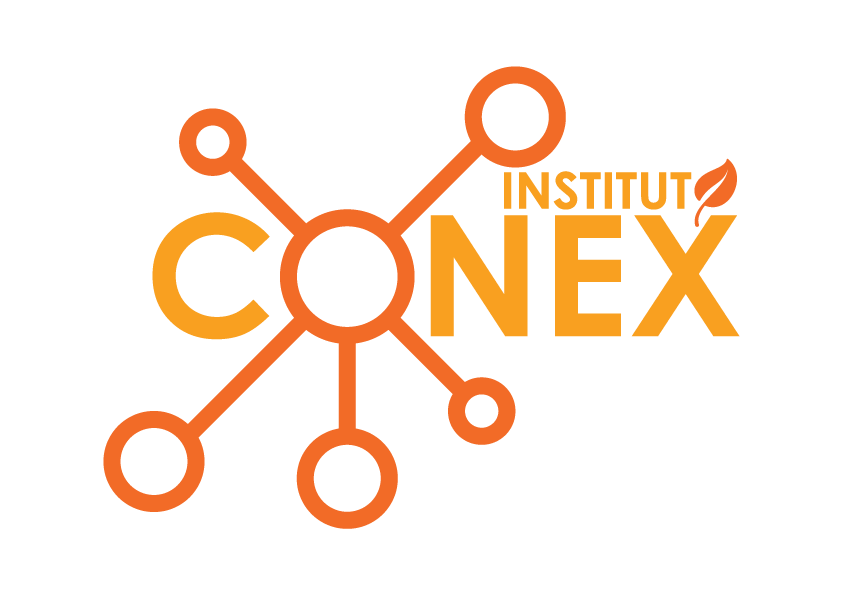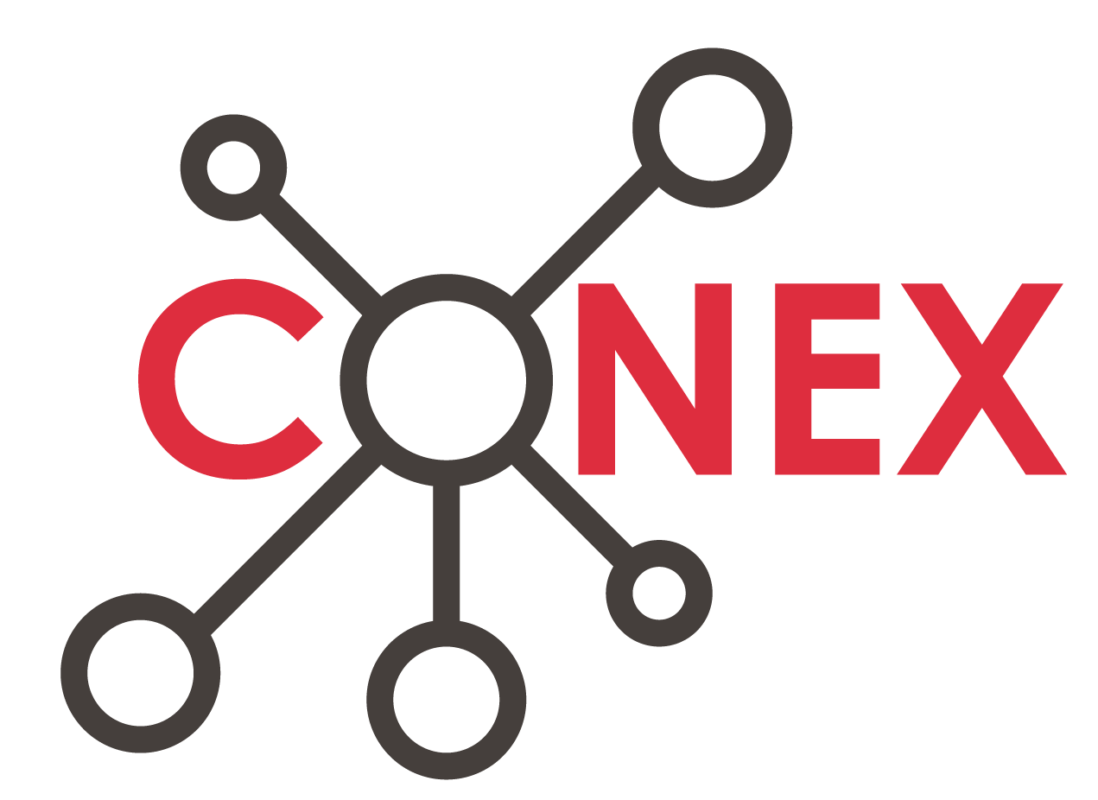For me “‘Comfort Zones” are a ridiculous concept to think about. We’re so interested in our own comfort and our own ease. In personal development, we talk about going beyond comfort zones. I think it’s an irrelevant conversation, and here’s why.
Here are the key ideas to understand this concept of going beyond the comfort zone:
#1: Your comfort zone is not important when considering your mission and dreams in life. I
f you have a mission in life, or a dream in life, or a love in life, your comfort zone should never be something you consider. Frankly, you should ask, “What is necessary for me to show up and to serve with excellence in that area, regardless of my comfort level?”
With the strengths-based movement, we’re all supposed to focus on, follow and amplify our strengths. However, that’s just not real. That’s not real life.
If you have a big mission or purpose or dream, and it’s beyond your comfort zone, the most important thing to focus on in this entire situation is cultivating the dream. And your dream, purpose or mission should never be made to bow down to your limited human strengths. For example, I wouldn’t be doing video if I bowed down to my comfort zone. I used to be terrified of video. I didn’t like video. I sucked at video. I wasn’t a good communicator. But I didn’t say, “Well, I guess I can’t do video because that’s not my natural strength.”
I focused on my mission, which includes:
- Serve people
- Help people
- Inspire people
That’s when I decided to develop my skills with writing posts. Writing posts are not something that came naturally, easily or automatically, and it wasn’t a skill set that I was innately born with.
I believe that we were all born with lots of goodness in us, but life throws curveballs. Life, the ambition of being alive, helps us dream. If you’ve been given a dream, don’t discount that because you are not good enough yet. Develop yourself. Weaponize yourself. Teach yourself to be so good at something that your comfort zones don’t even receive consideration.
Lots of people think that they were born to do one particular thing. And then 20 rolls around, and 30, 40, 50. And they realize that what they thought was important at 10, 15, 20 and 30 isn’t as important sometimes at age 40, 50, 60, 70, 80. Sometimes the thing you thought was your whole life’s purpose and goal in your 30s switches in your 40s and you need to develop new skillsets. If you haven’t found that to be true yet, I bet with a little bit more maturity and higher ambitions and aims, you will find that to be true. Your comfort zone is irrelevant.
What matters is:
- What are you trying to do with your life?
- How are you trying to contribute?
- And how do you grow into that regardless of what you are good at, regardless of what’s comfortable or easy?
#2: Express to the world where you stand. High performers consistently express what they think, feel, need, and dream of. You should too. Don’t just communicate when you feel good. Stretch and share your truth consistently. Never limit your vision for who you can become based on your current capabilities, concerns or stresses.
#3: Imagine a conversation with your future self.
In this imaginary conversation with your future self, the ‘you’ of the future looks at your whole life in totality today. If that future ‘you’ was going to give you advice on what to stop, what to start, and what your next courageous action should be, what would they say?
Follow your own advices – now!
#beconex #sejaconex #conex_coaching
Written by: Talita Moretti




 Português
Português